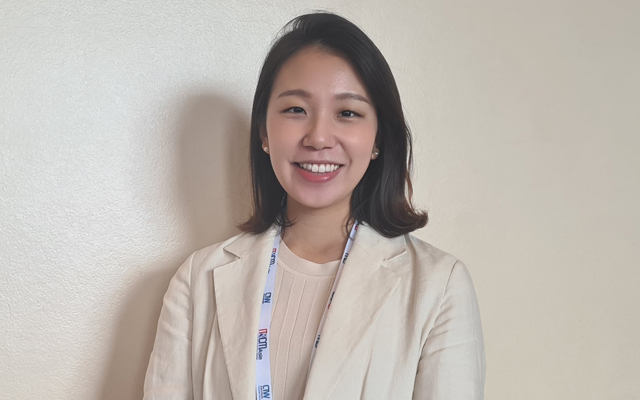Business events practitioners and students keen on the industry are discovering improved access to professional education, with one of the latest on offer being ICCA Skills, a programme crafted by 150 industry experts that covers two certification tracks.
The Certified International Convention Specialist track provides foundational knowledge and practical skills for individuals who are new to the industry or want to improve their understanding of global business events standards. The first class commenced in July.

Meanwhile, the Certified International Convention Executive track, which commenced in August, is aimed at professionals with at least three years of management experience.
Since its launch in May, both courses have attracted strong interest, shared Waikin Wong, regional director Asia Pacific with ICCA.
“Some MICE destinations have signed an education plan with us to get a number of their local professionals certified,” revealed Wong.
Wong said providing easier access to training would lift the professional standards of the region’s business events practitioners, and strengthen the confidence of those keen to join the industry – the latter being critical now as the industry suffers from a lack of talented new blood.
The importance of training and upskilling was emphasised during the business disruption.
According to Kyuree Kim, project manager with the Korea MICE Association (KMA), course enrolment spiked during the pandemic, as people were eager to prepare themselves for the eventual resumption of events.
In addition to its online training programmes, KMA created an in-person course that imparts knowledge related to digital events. The course saw 1,000 graduates in its launch year in 2021, and another 600 as of August this year. Of these graduates, 60 per cent are new entrants while the rest are practitioners.
With the digitalisation of events becoming more established, KMA is now brainstorming new courses that will be relevant going forward. However, Kim believes that courses related to data analytics and augmented event content will continue to be valuable.
These courses are free of charge, with expenses funded by the government, shared Kim.
“While the MICE industry is vibrant in South Korea, it is still not recognised as one of the country’s key economic pillars.
“Therefore, students who wish to get a job in our industry or learn more about what we do have very few opportunities for specialised education. So, KMA has to play the critical role of educator,” noted Kim.
Noting that MICE education is not easily and equally available across the region, Wong said global professional associations like ICCA can help to plug the knowledge gap.
In Thailand, one of Asia’s most active and competitive business events destinations, the Thailand Convention and Exhibition Bureau (TCEB) makes talent development one of its priorities.
Its MICE Capabilities Development Department has a mission to drive Thailand’s MICE industry forward with up-to-date knowledge, global standards, and proficient human resource.
According to Supanich Thiansing, TCEB’s director of meetings and incentives department, the development of manpower standards and professionalism is one of the bureau’s key missions since its establishment.
The MICE Capabilities Development Department also has programmes that cover the “entire events ecosystem”, from grooming the young generation to the upskilling of the current workforce.
“The areas of development and capacity-building are always kept up-to-date. So far, we have certified over 1,400 event professionals in various globally-recognised qualifications (such as the Certified Incentive Travel Professional and Certified Incentive Specialist),” said Supanich.





















